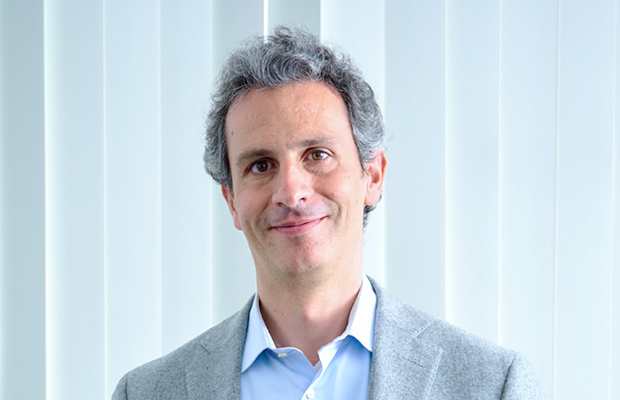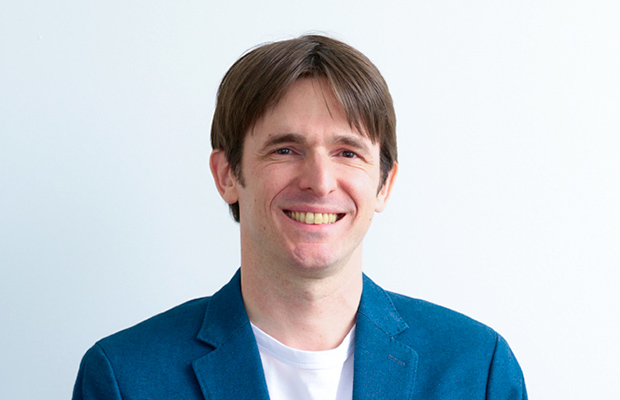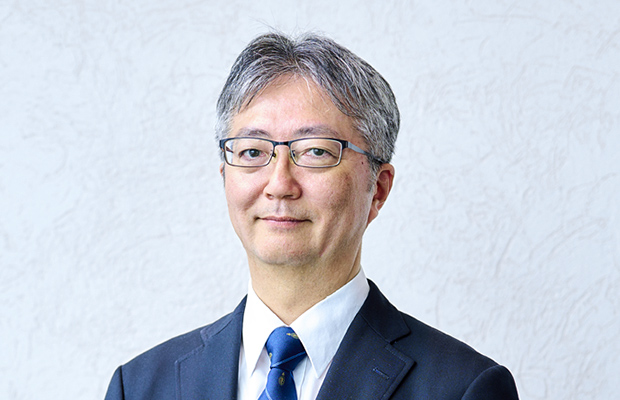
IEEE Fellow
Petros T. Boufounos,Sc.D.
Compressed Sensing

IEEE Fellow
Compressed Sensing
Dr. Petros T. Boufounos was elevated to IEEE Fellow in 2022 for his work in compressed sensing technology through a broad-ranging approach that has transformed the way we think about data acquisition. Compressed sensing methods enable significant improvements in both efficiency and quality in how we sense and measure the environment. The core idea is that the signal being measured has important structural properties that can be leveraged during acquisition. With the increase in available computing power, it has become possible to use models of these signals (such as sparsity, manifold structure, or other forms) to overcome classical limits on acquisition efficiency and performance.
He has conducted extensive research on understanding how quantization affects compressed sensing systems, determining their performance limits, and identifying how those limits can be reached. He has also developed groundbreaking methods for processing compressed signals without reconstruction, enabling information to be extracted directly from the compressed measurements. In addition, his research on applications of compressed sensing methods has greatly advanced radar systems, particularly synthetic aperture radar (SAR). SAR is a remote sensing technology that uses radar mounted on aircraft or satellites to generate high-resolution images of large geographic areas. These research outcomes are slated to be incorporated into next-generation satellites and their SAR systems.
Thinking long term, Petros sees great potential in the quantum domain which is now leaving in the realm of basic scientific discovery. Processing, modeling, sensing, and computing using quantum systems are gradually becoming more accessible and very promising as technology evolves. He aims to continue developing technologies in this area in anticipation of a future where quantum systems are widely available.
His message to young researchers is that "It is important to follow your passion and your interest in research. It is also important to steer your passion toward making an impact on the world and the scientific community. Solving impactful problems that make a difference is very fulfilling."

Dr. Petros earned his undergraduate and graduate degrees at MIT, receiving an S.B. in Economics in 2000, an S.B. and M.Eng. in Electrical Engineering and Computer Science (EECS) in 2002, and an Sc.D. in EECS in 2006. From September 2006 to December 2008, he was a postdoctoral researcher in the Digital Signal Processing group at Rice University. He joined MERL in January 2009 and has led the Computational Sensing team since 2016.
His recent research has focused on signal acquisition and processing, computational sensing, inverse problems, and learning. He has over 40 patents granted and more than 10 pending, and also more than 100 peer-reviewed journal and conference publications on these topics. He has served as the general co-chair of the ICASSP 2023 organizing committee, regional director-at-large on the IEEE Signal Processing Society's Board of Governors, Area Editor and Senior Area Editor for IEEE Signal Processing Letters, Associate Editor for IEEE Transactions on Computational Imaging, member of the SigPort Editorial Board, and member of the IEEE Signal Processing Society's Technical Committee on Signal Processing Theory and Methods. He was also an IEEE SPS Distinguished Lecturer for 2019–2020.

Stefano Di Cairano,Ph.D.
Distinguished Research Scientist,
Deputy Director,
Mitsubishi Electric Research Laboratories
Control Systems

Jonathan Le Roux,Ph.D.
Distinguished Research Scientist,
Senior Team Leader,
Mitsubishi Electric Research Laboratories
Multi-Source Speech and Audio Processing

Shumpei Kameyama,Ph.D.
General Manager,
Sensor Information Processing Systems Department Advanced Technology R&D Center,
Mitsubishi Electric Corporation
Atmospheric Environment Measurement

Anthony Vetro,Ph.D.
President,
Chief Executive Officer,
Mitsubishi Electric Research Laboratories
Video Compression